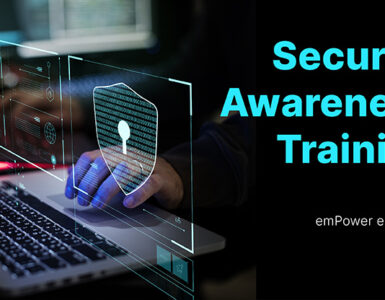The appeal of an online education through distance learning as an educational alternative is ever increasing. “Its presence will continue to grow”, say curriculum directors, who expect that by 2010 nearly a fifth of students will be taking some of their career training coursework through online education or E-learning at an online university or college.
Technological advances in medicine, aerospace, agriculture, the environment, communications and education permeate the world we live in. We have new drugs and vaccines, new ways to strengthen the immune system, the International Space Station, alternative crop and livestock systems, renewable energy sources, personalized information technology and E-learning, online education and distance learning.
• With the introduction of $100 Laptops by MIT, E-learning will reach millions of children in developing nations like Brazil, China, South Africa, Egypt and others.
Nicholas Negroponte, co-founder of the Media Lab at the Massachusetts Institute of Technology (MIT) is working on a plan to distribute the laptops to schoolchildren. A goal of the project is to make the low-cost PC a grassroots movement like Linux or Wikipedia. The laptops will have a 500MHz processor, 1GB of memory and an innovative dual-mode display that can be used in full-color mode, or in a black-and-white sunlight-readable mode. Power for the new systems will be provided by electric current, batteries or by a windup crank attached to the side, since many countries do not have power in remote areas. The systems will be Wi-Fi and cell phone-enabled and will include four USB ports for connectivity. “The idea is simple. It’s an education project that will make online education a simple reality.”
Research has predicted that in the future more people will complete their studies at home as distance learning concepts continue to evolve. Over two million students enroll for online university and online college courses each year. Just as the world continues to change so must the conditions in which we live and learn. In a fast paced society we will see E-learning designed to accommodate busy students – time flexible, geographically independent, competitive cost and value and learner-centered. E-learning offers both synchronous and asynchronous modes of learning thus enabling a student to access information anywhere and at anytime. The numerous features and benefits of an Online Education and E-Learning will play a major role in post secondary career oriented education.
• E-learning is self-paced and gives students a chance to speed up or slow down as necessary
• Geographical barriers are eliminated, opening up broader education options
• 24/7 accessibility makes distance learning easy and allows a greater number of people to attend classes
• Travel time and associated costs (parking, fuel, vehicle maintenance) are reduced
• Online education fosters greater student interaction and collaboration
• E-learning is self-directed, allowing students more control over their learning process, leading up to a 60% faster learning curve.
• Web-based products allow instructors to update lessons and materials across the entire network instantly.
• Develops knowledge of the Internet that will help learners throughout their careers
• Exposure to resources not commonly found in standard classroom settings
Wireless technology has paved way for Mobile Learning, where one can easily access learning materials anywhere and at anytime. Instructional and communication techniques create an interactive online education environment including case studies, demonstrations, role-playing, simulations, streamed videos, online references, discussion groups, personalized coaching and mentoring, chat rooms, bulletin boards, tutorials, FAQ’s and wizards.
Collaborative education will play an important role in developing future Online Education and E-learning strategies. Almost all Learning Management Systems (LMS) conforming to E-learning standards offer collaborative networks, enabling students from remote areas to share knowledge and communicate ideas with fellow classmates from around the country and the world.
Virtual and Augmented learning will gradually replace existing scenarios thus giving a new dimension to knowledge management. Certain concepts which are difficult to imagine or simulate can be implemented using augmented learning.
Source: online-college-universities.com




